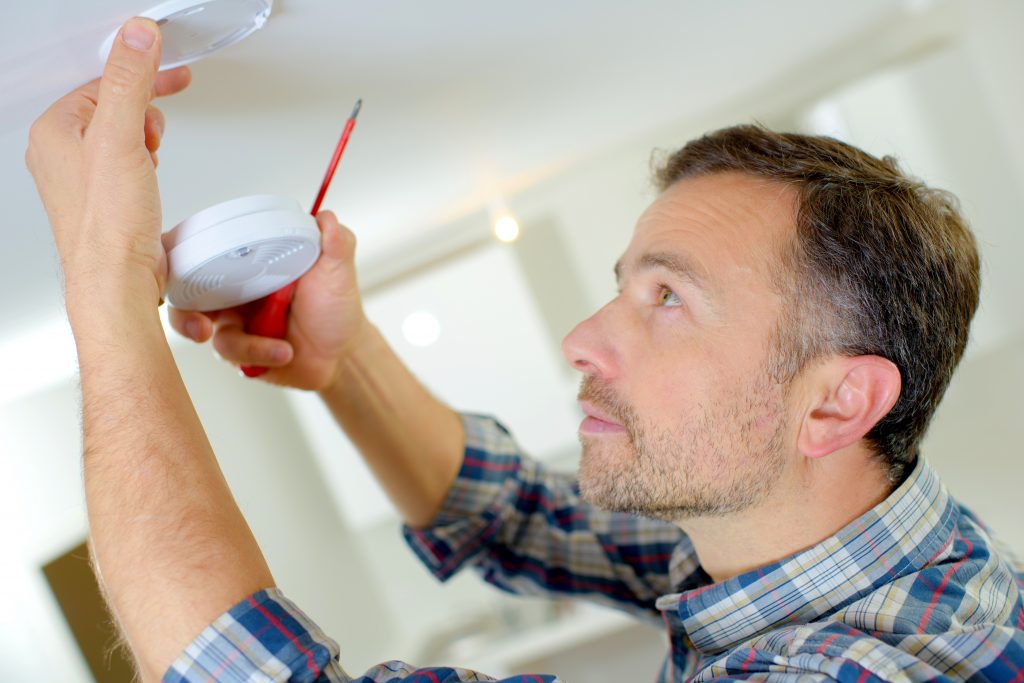10 Electrical Safety Tips Every Homeowner Should Know
As a homeowner, keeping your property safe goes far beyond locking the doors or installing a security system. One of the most overlooked but potentially life-threatening hazards in any home is electrical safety. From outdated wiring to overloaded power boards, the risks are real—but they’re also preventable.
Here are 10 essential electrical safety tips every homeowner should know to protect their family, property, and peace of mind:
- Don’t Overload Power Outlets
It’s tempting to plug everything into a single outlet, especially in older homes with limited sockets. However, overloading outlets is one of the most common causes of house fires. Spread your appliances across multiple circuits and use power boards with surge protection. - Regularly Inspect Extension Cords
Extension cords are meant for temporary use—not a permanent fix. Always inspect for fraying, exposed wires, or damage. Never run cords under rugs or furniture, as they can overheat and spark a fire. - Be Cautious in Wet Areas
Water and electricity never mix. Make sure outlets in bathrooms, kitchens, laundries, and outdoor areas are fitted with RCDs (Residual Current Devices) to instantly cut power if a fault is detected. Keep appliances dry and avoid touching them with wet hands. - Upgrade Outdated Wiring
If your home is over 30 years old and hasn’t had an electrical inspection, you might be living with outdated or deteriorating wiring. This is especially dangerous with today’s power-hungry appliances. Call a licensed electrician for an inspection and rewiring if needed. - Install Smoke Alarms—And Test Them
Every level of your home should have smoke alarms, especially near sleeping areas. Test alarms monthly and replace batteries every 6–12 months. A properly working smoke alarm is your first line of defense against electrical fires. - Keep Your Switchboard Up to Date
Your switchboard is the heart of your home’s electrical system. If it’s outdated or missing safety switches, it’s time for an upgrade. Modern switchboards offer better safety and performance, especially in high-demand households. - Hire Licensed Electricians Only
DIY might work for flatpacks or painting—but never for electrical work. Always hire a licensed and insured electrician for any installations, repairs, or upgrades. It’s not only safer but also ensures your insurance remains valid. - Unplug Unused Appliances
Even when turned off, appliances plugged into the wall still draw a small amount of power. More importantly, they pose a risk during electrical surges or lightning storms. Unplug what you’re not using, especially overnight or when on holiday. - Install Childproof Safety Caps
If you have young children in the home, every exposed outlet should be fitted with a childproof cover. Curious fingers and electrical outlets are a dangerous combination, and prevention is simple and affordable. - Schedule Routine Electrical Inspections
Just like your car needs servicing, so does your home’s electrical system. A licensed electrician can identify potential issues before they become hazards, from loose connections to faulty wiring.
Final Thoughts
Electrical safety doesn’t have to be complicated—but it does require attention and action. A regular routine check by doing a quick walk around your home every three months could save you from any costly hazards within your household. By using these 10 electrical safety household tips as a guideline whilst checking your property, you are not just protecting your home—you are also protecting everyone in it. It is definitely worth the time to do so. If you have any concerns, we are only a phone call away.
At Spectra Electrical, we’ve been helping Sydney homeowners stay safe for over 20 years. If you’d like a professional electrical inspection or advice tailored to your home, get in touch with our friendly team today.


